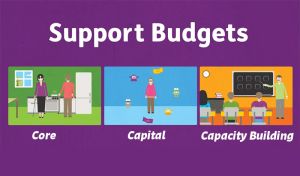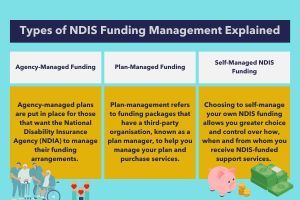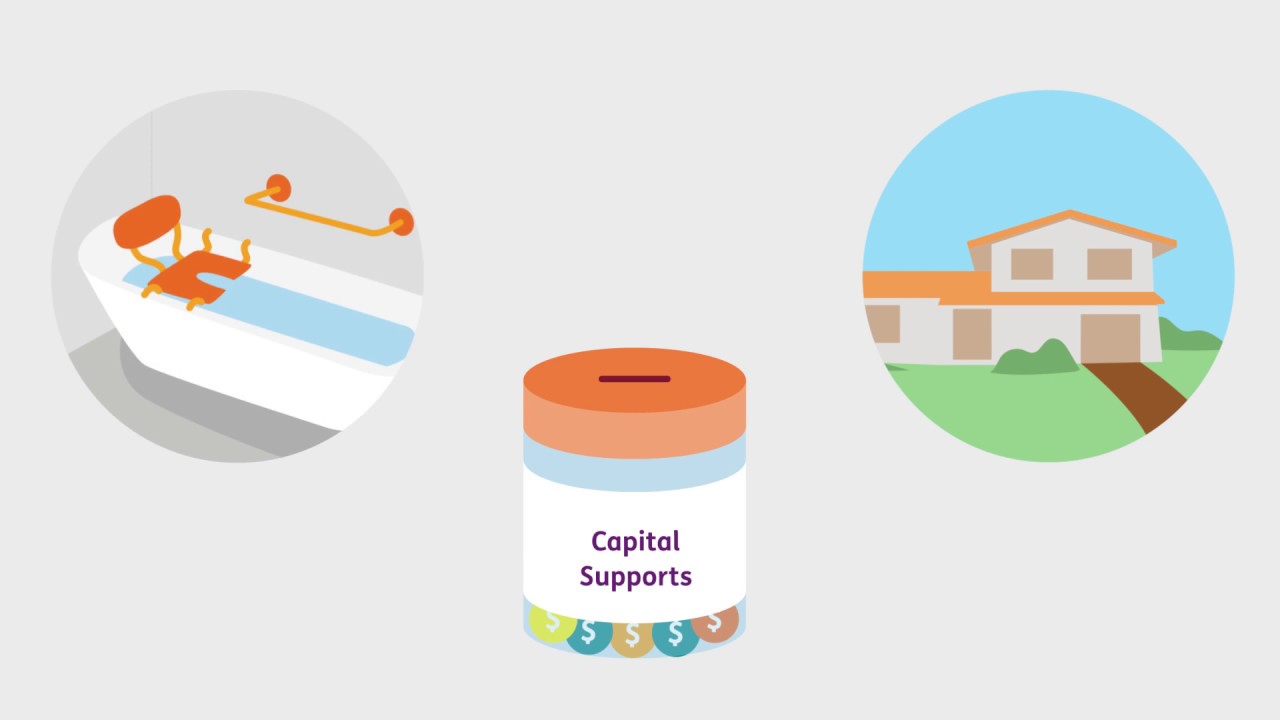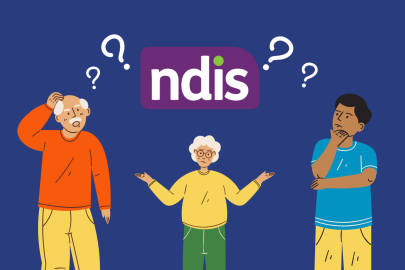Understanding NDIS Support: Unveiling the Three Essential Categories
Navigating the National Disability Insurance Scheme (NDIS) can be a complex journey, but understanding the three fundamental categories of NDIS support is crucial for individuals seeking assistance. Whether you are a participant, a family member, or a caregiver, this comprehensive guide will break down the intricacies of NDIS support, providing valuable insights into how it can make a positive impact on the lives of those with disabilities.
The Core Support Category: Building a Foundation for Independence
The Core Support category forms the cornerstone of NDIS assistance, focusing on essential everyday activities that empower participants to lead more independent lives. Within this category, there are four primary support areas:
Assistance with Daily Living
This support encompasses a range of services designed to help participants with day-to-day activities, including personal hygiene, meal preparation, and household chores. It aims to enhance the individual’s ability to perform these tasks independently, fostering a sense of self-reliance.

Transportation and Mobility
The NDIS recognizes the importance of mobility for participants and provides support for transportation needs. This may include assistance with public transport, vehicle modifications, or specialized transportation services, enabling individuals to access their communities and engage in various activities.
Consumables
Consumables refer to the daily items and products required to address specific needs related to a participant’s disability. This could include items such as continence aids, nutrition supplements, or assistive technology devices. NDIS support ensures that participants have access to these necessary consumables to maintain their well-being.
Social and Community Participation
This support area focuses on fostering social connections and community engagement. Participants receive assistance to participate in social activities, join community groups, and develop valuable relationships. The goal is to promote inclusion and enhance the participant’s overall quality of life.
Capacity Building Supports: Empowering Growth and Development
The Capacity Building Supports category aims to facilitate the development of skills and capabilities, empowering participants to achieve their goals and aspirations. This category comprises various support clusters, each targeting specific areas of personal and skill development:
Support Coordination
Support Coordination plays a vital role in helping participants navigate the NDIS landscape. It involves assisting individuals in implementing and managing their support plans, connecting with service providers, and ensuring that the allocated funds are utilized effectively. This support aims to empower participants to make informed decisions about their NDIS journey.
Improved Living Arrangements
For participants requiring support to live more independently or in a different accommodation arrangement, this support area provides assistance. It may involve modifications to existing living spaces, assistance with moving, or guidance on finding suitable housing options that align with the participant’s needs and preferences.
Increased Social and Community Participation

Building on the foundation of the Core Support category, this cluster focuses on expanding social and community engagement. Participants receive targeted support to develop specific skills, join recreational activities, and participate in community events, fostering personal growth and a sense of belonging.
Finding and Keeping a Job
Employment is a key aspect of independence, and this support area aims to assist participants in finding and maintaining meaningful employment. It includes job-seeking skills development, workplace adjustments, and ongoing support to ensure sustained employment success.
Capital Supports: Investing in Long-Term Solutions
The Capital Supports category revolves around acquiring assistive technology, home modifications, and equipment necessary for participants to achieve their goals and enhance their independence. This category is divided into two main support areas:
Assistive Technology
Assistive technology refers to devices and equipment that support individuals in performing tasks they might otherwise find challenging due to their disability. NDIS funding can cover the cost of assistive technology, including communication devices, mobility aids, and home modifications, tailored to meet the specific needs of participants.
Home Modifications
Home modifications involve adapting the living environment to accommodate the needs of individuals with disabilities. This may include installing ramps, handrails, accessible bathrooms, or other modifications that enhance the participant’s ability to navigate and function within their home independently.
Conclusion: Navigating the NDIS Landscape with Confidence
Understanding the three categories of NDIS support is pivotal for participants and their support networks. The Core Support, Capacity Building Supports, and Capital Supports categories work in harmony to address the diverse needs of individuals with disabilities, fostering independence, growth, and long-term solutions. By embracing these categories and exploring the available support areas, participants can navigate the NDIS landscape with confidence, knowing that a comprehensive framework is in place to cater to their unique needs and aspirations.




